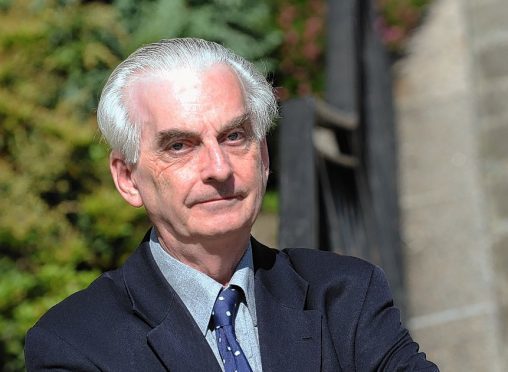A north-east pro-UK group has lodged a Holyrood petition calling for future referendums to be decided by a two-thirds majority.
Scotland Matters, a group made up of former Better Together campaigners from the north-east, has taken the step in the belief that setting a higher bar would make for more decisive votes.
The group, which includes Professor Hugh Pennington, has tabled the petition with the Scottish Government while the Referendum Bill (Scotland) goes through parliament.
The Referendum Bill (Scotland) has been introduced by ministers to pave the way for a second independence referendum, although permission would be required from Westminster to hold one.
Mark Openshaw, of Scotland Matters, said: “With the division and chaos caused by recent referendums, it’s time for our MSPs to set the bar high enough for everyone to accept a result. Recent events prove the 50% plus one threshold is not enough.
“A two-thirds majority would put the result beyond doubt. There are precedents for such a system: the SNP itself needs a two-third benchmark for changes to its party constitution.”
Scotland Matters said other precedents included the UK Fixed Term Parliaments Act which requires any general election before the end of the five-year term to be approved by two-thirds of MPs. It also pointed out that changes to the Scottish Parliament electoral system require a two-thirds majority.
Constitutional Relations Secretary Michael Russell said: “This is as legitimate as suggesting that a Yes vote should win with only around a third of people backing it – but it is a clear sign of how rattled the opponents of independence now are, and an admission that they are unlikely to win 50 per cent of the vote in the next referendum.
“A fundamental tenet of democracy is that one person’s vote is worth as much as anyone else’s – this proposal would leave that principle in tatters.”
